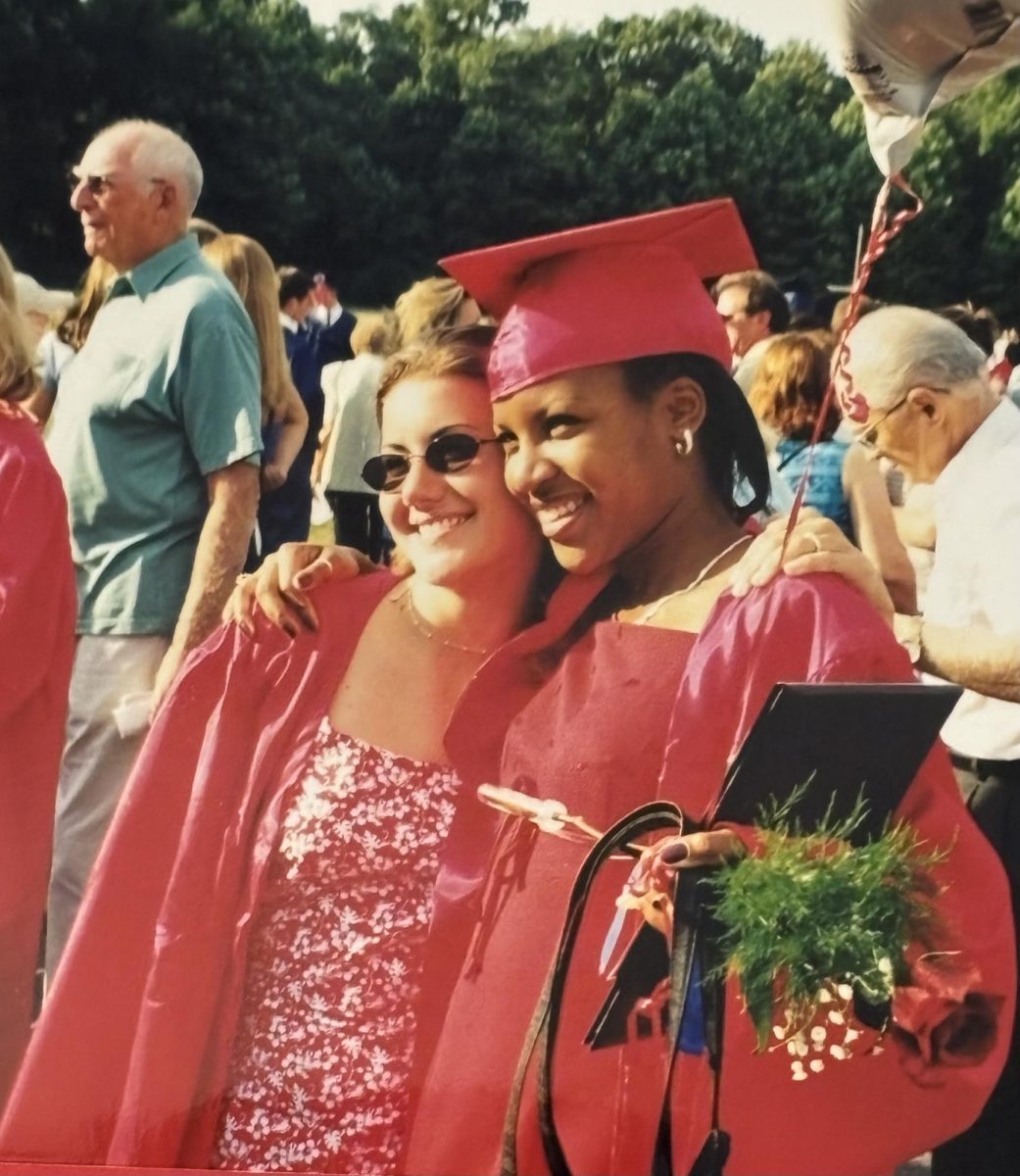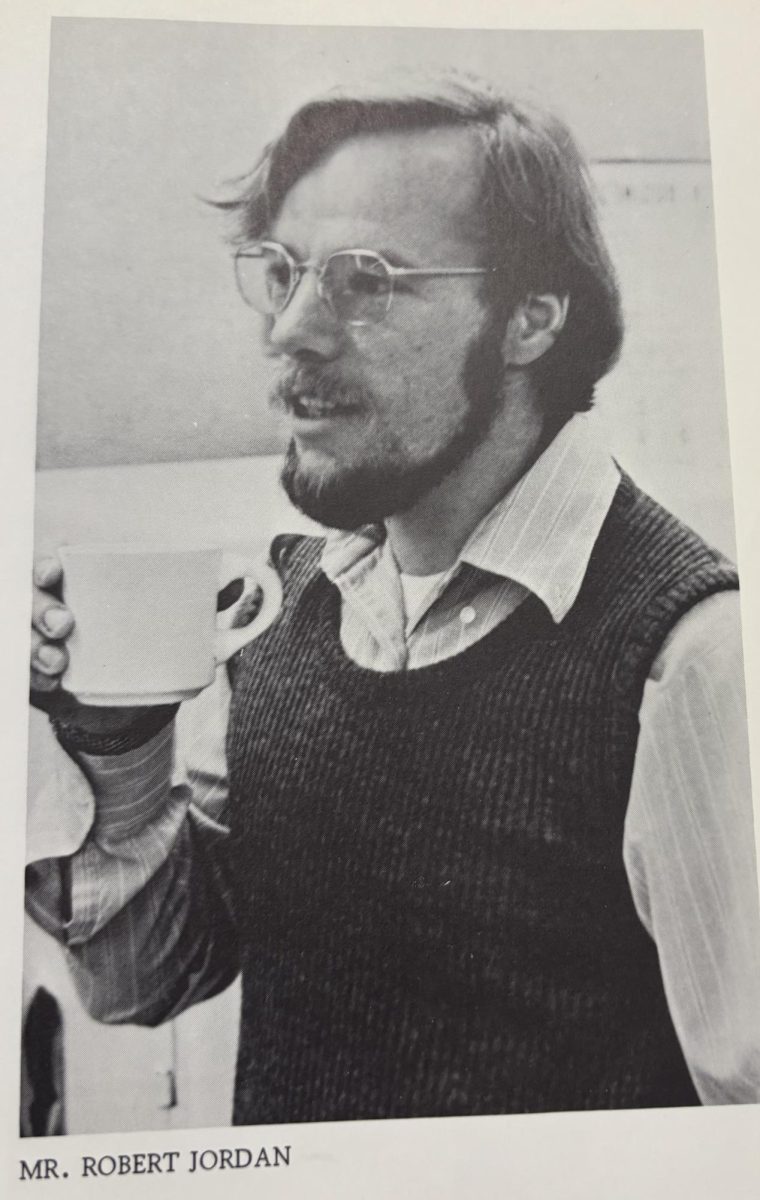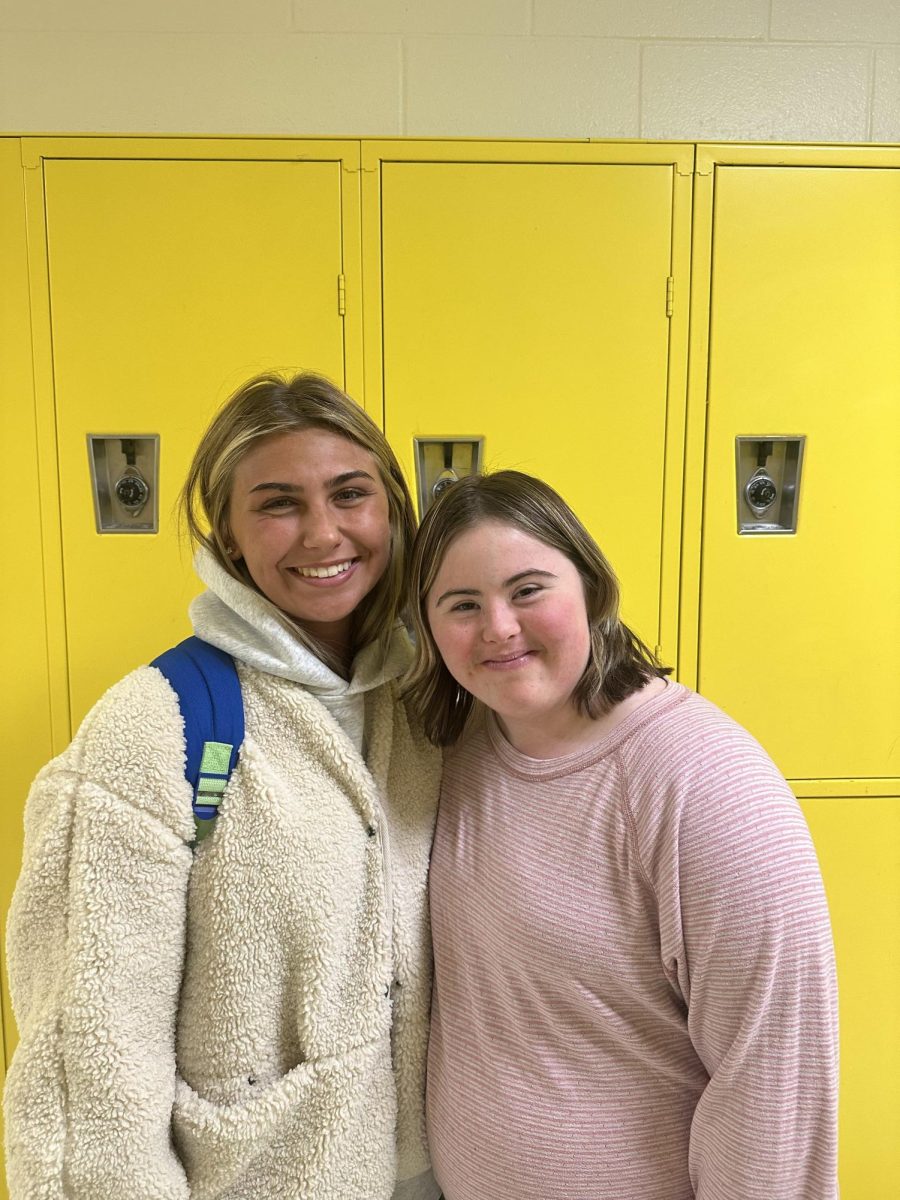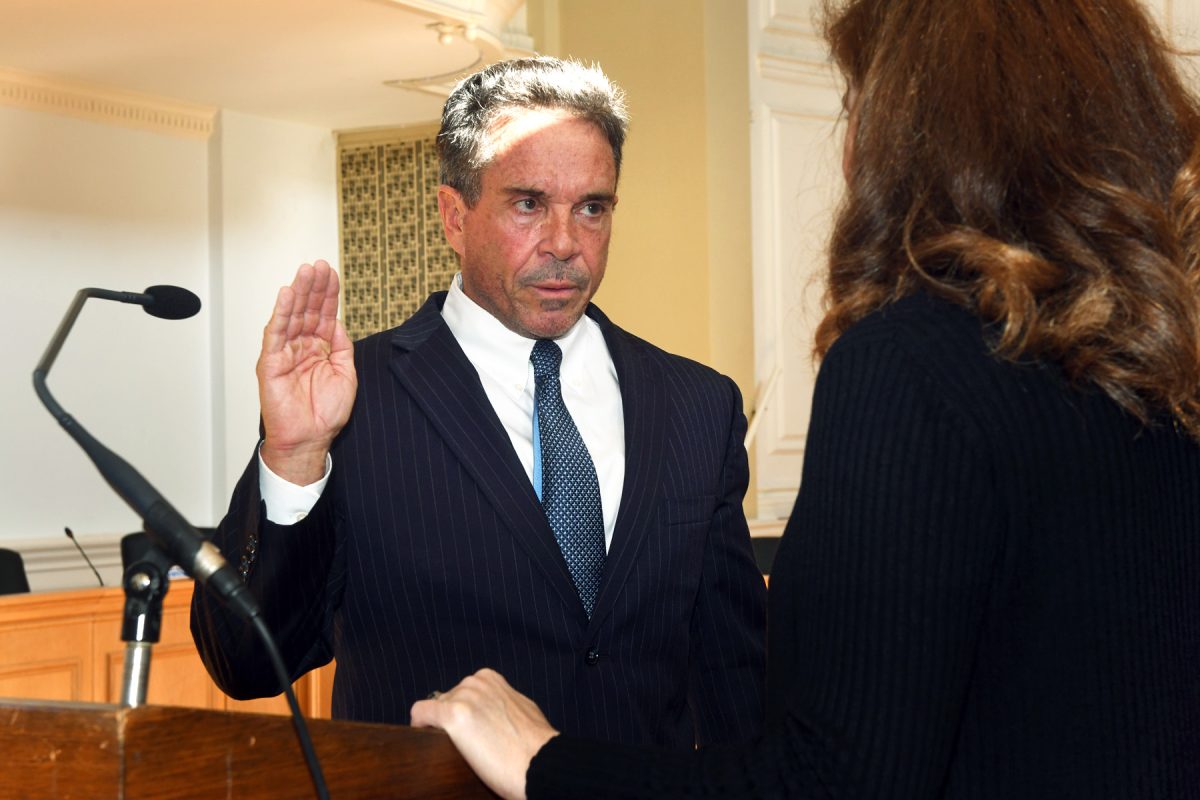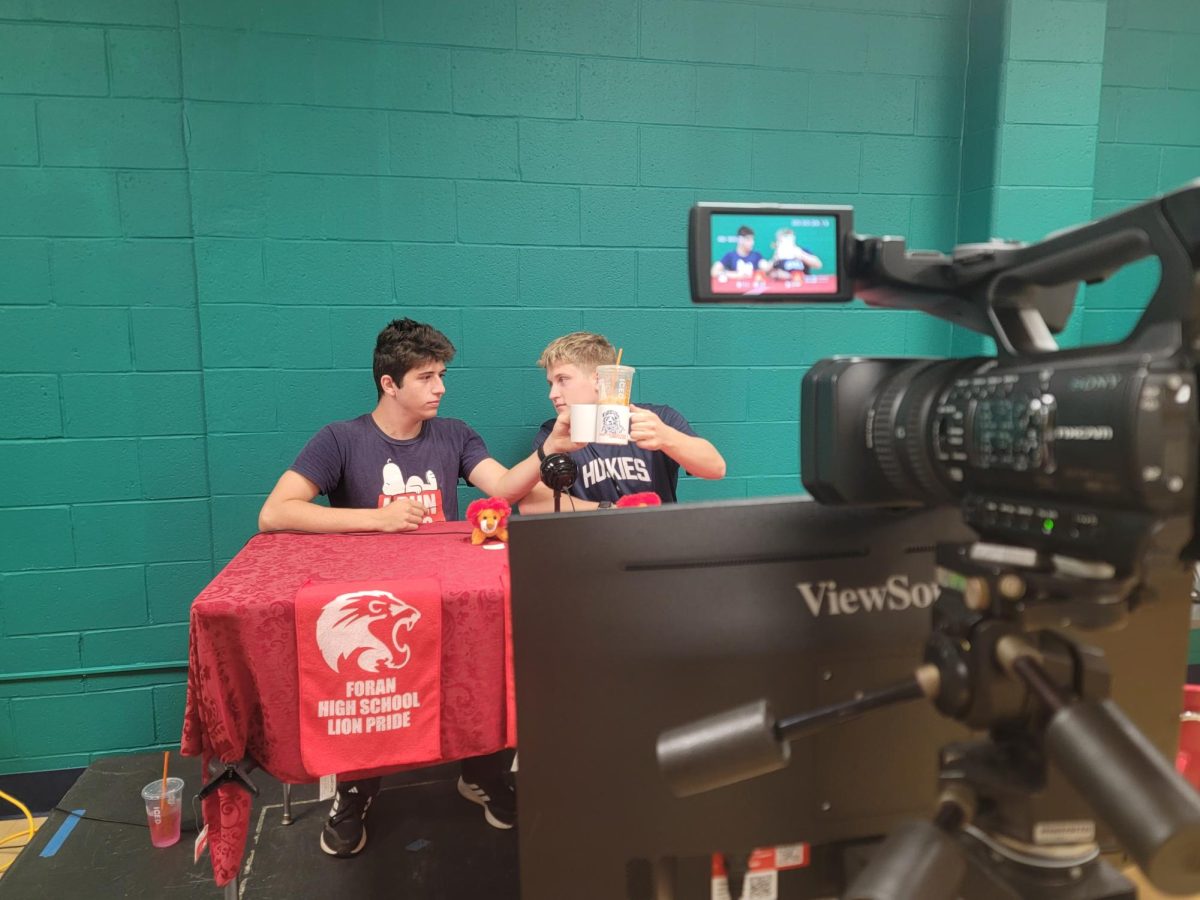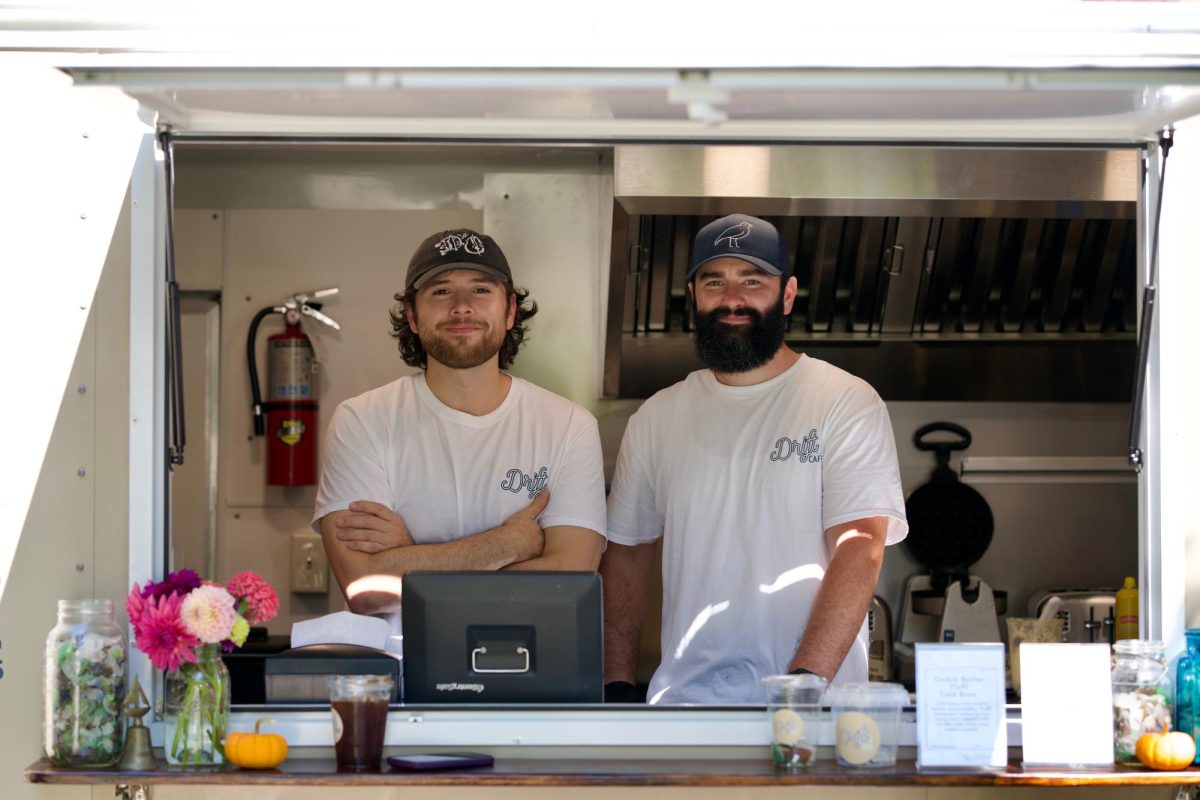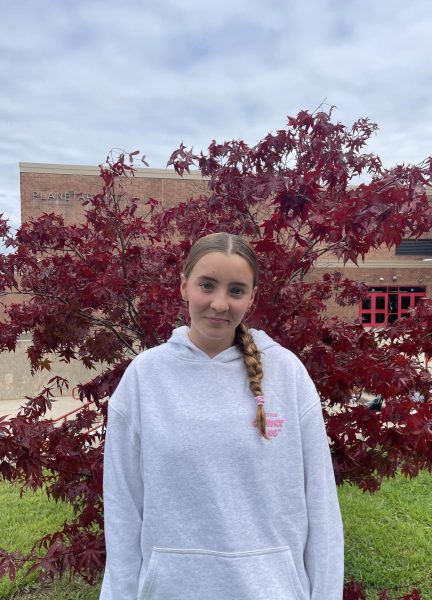As the end of the year approaches and upperclassmen start to look towards colleges and jobs, certain aspects should be considered after high school. Many challenges can begin appearing as a student changes from high school to college. Thankfully, Foran alumni have done it all before and have important advice to offer for anyone looking towards the future, whether that be sports, majors, or working straight out of high school.
One of the most important parts of leaving high school and starting college or working life is stepping out of one’s comfort zone.
“Don’t be afraid to try something new,” says Mrs. Melissa Kaminski, a special education teacher and Foran alumna. She recalls starting college with the intention of majoring in Spanish. However, through various experiences, a passion for working with students with special needs emerged.
Kaminski encourages students to remain open to unexpected paths and avoid limiting their options too early. New experiences often reveal interests that may not have been considered before.
Three graduates from the Class of 2021 share their experiences and advice regarding life after high school. Daniya Chopra, a finance major at UConn’s School of Business, emphasizes that regardless of the circumstances, graduating means stepping into the unknown. Chopra talks about her journey during her first year at UConn as an undecided major.
According to Chopra, “A class won’t define a field or major, but the actual hands-on experiences will.” She points out that most students enter college unsure of what to expect. Mistakes are inevitable, but self-reflection and learning from them are key to growth and success.
She also highlights the importance of building a community during the first year. By joining Delta Phi Omega Sorority, Inc., Chopra found a sense of belonging and personal growth.
“Being open to joining new things and meeting new people” made a significant difference, she says. The culturally based sorority not only aligned with personal values but also helped foster lasting friendships and personal discovery.
Anna Byers, who played both lacrosse and soccer at the University of Southern Maine, reflects on the challenges of balancing academics with college athletics. Having played soccer since age five and lacrosse from sixth grade through high school, she continued both sports into her college years.
Byers notes the adjustment from a structured high school schedule to the unpredictable nature of college life. “The biggest challenge was probably figuring out the flow of the college schedule and managing time,” she explains. It’s easy to prioritize athletics over academics, which makes accountability and balance essential.
She also emphasizes the increased intensity of college sports. “College sports are much more fast-paced, intense, and physical,” she says. With practices and games occurring almost daily, the expectations are much higher. Once a routine was established, the college athletic experience became far more rewarding.
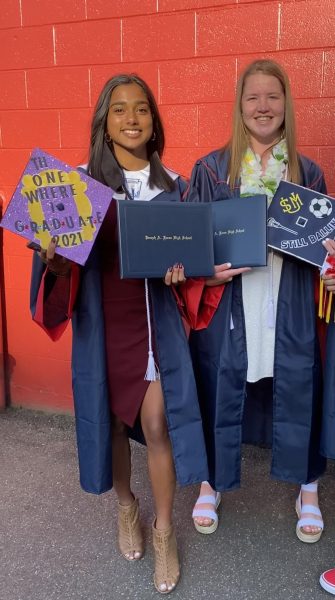
Not every graduate follows the college path. Joel Acevedo chose to enter the workforce directly after high school.
“For someone not wanting to go to college, there’s no need to worry,” Acevedo advises. He explains that the workforce offers a wide range of opportunities and valuable life lessons.
Choosing this route provided a realistic view of adult responsibilities. “Out of college, schedules revolve around priorities like the job that pays the bills,” he explains. Entering the workforce offered early exposure to independence and self-sufficiency.
By listening to the experiences of alumni, current students can gain a clearer understanding of the possibilities and challenges that lie ahead. Whether choosing to attend college or enter the workforce, the most important takeaway is to embrace change, seek new experiences, and remember that uncertainty is part of the journey toward growth.


